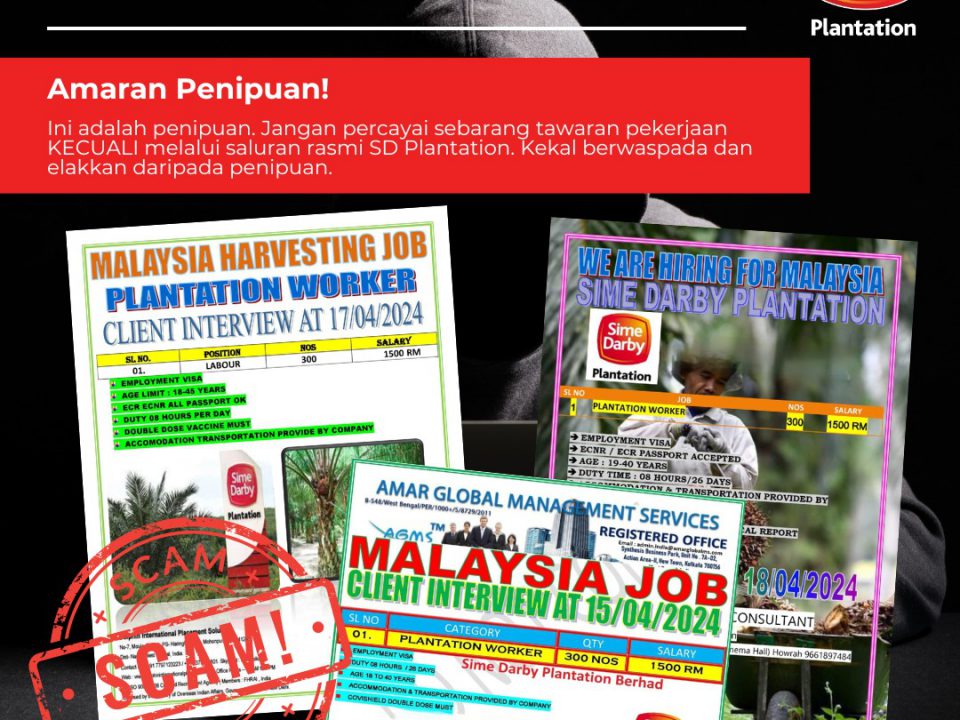High Carbon Stock Scientific Studies Nearing Completion


High Carbon Stock Scientific Studies Nearing Completion
Kuala Lumpur, 13 May 2015 - 50 scientific experts are nearing the completion of a set of research reports, which were initiated in February this year. The work will underpin the development of a new methodology for the assessment of High Carbon Stock (HCS) forests.
Led by Dr John Raison, a former Chief Research Scientist at Australia’s Commonwealth Scientific and Industrial Research Organisation (CSIRO), this team of experts (listed below) are providing critical input to an independent and scientifically robust study that will guide decisions on land conversion to oil palm. The scientists provide global experience in the estimation of changes in soil and biomass carbon stocks, the use of remote sensing to support estimation of greenhouse gas (GHG) fluxes, and assessment of the socio-economic impacts of new plantation development.
These independent studies will be made publicly available. These individual reports will provide the basis for a Synthesis Report which will be publicly available in late 2015. The Synthesis Report aims to provide:
- A definition of HCS forests that is based on the level of net GHG emissions from biomass and soils that would result from their conversion to oil palm plantations;
- Threshold values for GHG emissions to enable the identification of forests where conversion to oil palm is acceptable. The thresholds will vary geographically to take account of the regional socio-economic context (and thus the variable social welfare benefit resulting from new plantation development) in Southeast Asian and African countries where expansion of the oil palm industry is planned;
- A practical method for identifying and delineating (mapping) these HCS forests on the ground; and
- Guidance on how to accommodate the rights and livelihoods of local communities and indigenous peoples when implementing a future HCS approach to land use planning.
A draft Synthesis Report will be open to public review during a 6-week consultation period from June 2015. Feedback from that process will be considered in the finalisation of the Synthesis Report. A detailed description of the Study can be found at www.carbonstockstudy.com.
“We’re making good progress and with the full technical team on board, we’re moving ahead rapidly. This landmark study aims to provide decision makers with critical information on the environmental and socio-economic implications of setting different thresholds for acceptable GHG emissions in any new development,” said Dr John Raison.
The technical team is fully cognisant of the fact that HCS is merely one of several inputs to be considered in land use planning decisions. Other critical inputs such as government policies and regulations, high conservation values (HCVs), agronomic considerations, socio-economic factors and other externalities must also be taken into account. The loss of carbon stock (resulting in GHG emissions) will rarely be the sole factor in determining whether a particular forest should be developed.
Chair of the Steering Committee overseeing the HCS Study, Sir Jonathon Porritt added: “It is hoped that the tools developed will provide additional guidance on the impacts of forest conversion to people and the planet, and assist in the land use change planning process along with other established processes such as High Conservation Value (HCV), Environmental and Social Impact Assessments (ESIA), and Free, Prior and Informed Consent (FPIC).”
The HCS Study invites input from all stakeholders, and is open to collaboration in the spirit of improving the sustainability of the palm oil industry.


